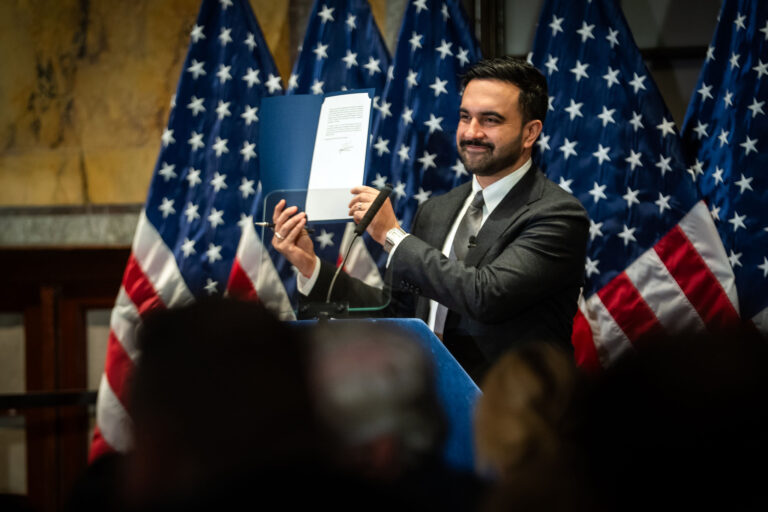All across the United States, the coronavirus (COVID-19) pandemic continues to rage. That reality comes despite efforts at containment from coast to coast. And even in the places that seemed to have the virus under control have recently seen a gradual uptick in infection rates as they eased restrictions. At the time of this writing, no less than 14 states are seeing their total daily case counts rising – in some cases setting new records along the way.
The severity of the situation is creating a boom in demand for new workers in the social services sector. That demand is showing up quite visibly in the drive to hire an army of contact tracers to track the ongoing spread of the virus. But that isn’t the only area that’s experiencing growth. As states work to deal with the massive economic fallout stemming from the pandemic, they’re also seeing increased need for staffing in public health offices, unemployment offices, and countless other support services.
Not coincidentally, that demand is meeting with a labor market that has gone from boom to bust almost overnight. With businesses shuttered or operating at reduced capacity almost everywhere, some estimates have placed the US real jobless rate at 23.9%. That’s a figure that hasn’t been reached since the darkest days of the Great Depression, which is a comparison that isn’t lost on pundits and economists today.
What’s more, the flare-up of racial tensions in the wake of the killing of George Floyd has sent countless millions into the streets – even in cities outside of the United States – to protest institutionalized racism in all its forms. It has even united the once-fractious New York community of Crown Heights, which witnessed several days of race riots in 1991 and a near-war between the neighborhood’s Orthodox Jewish and African-American residents. Together, the twin crises offer a clue as to what might happen next regarding the nation’s social services sector.
All told, the social, economic, and political picture today looks an awful lot like the one that saw the rise of Franklin D. Roosevelt’s New Deal programs in the mid-1930s. Those programs ushered in a period of public-sector growth whose legacy is still felt today in ways both large and small. And there are already some indications that the Democratic candidate for President, Joseph R. Biden, is planning to bring a New Deal-style set of solutions into force should he win the upcoming November election.
That possibility means that the demand for workers across the community services spectrum could be set to reach depression-era levels within the next few years, contingent on the rapid introduction of new social programs and spending. And even without that additional new demand, the simple possibility of a long and deep recession all but guarantees that a whole new generation of community services professionals is going to have to stand up and take on the available work in short order.
And that work isn’t going to be short-term, either. That’s all but guaranteed when you consider that the history of social service expansions, particularly within the United States, demonstrates that large-scale hiring is rarely followed up by major cutbacks in the intervening years. That’s especially true when those expansions come amid economic strife, as politicians and other decision-makers are loath to add to unemployment totals even when doing so might otherwise make good fiscal sense.
So, the bottom line here is that we’re approaching yet another transformational period in America’s short history, which will once again attempt to rebalance the equation between the needs of capitalism and those of the citizens that drive it forward. The coming change may spawn something of a renaissance period in the social services sector that will reconfigure the space and bring large numbers of new workers into fields they hadn’t considered even a few short months ago.
While it’s too early to divine the specifics of the changes, one thing seems clear. It’s that the legacy of COVID-19 and the social unrest that has rocked the United States – and the world at large – is going to leave an indelible mark on society that won’t fade soon. And that it could once again remake the social contract that animates American life and everything it stands for – for better or worse.










